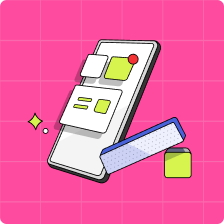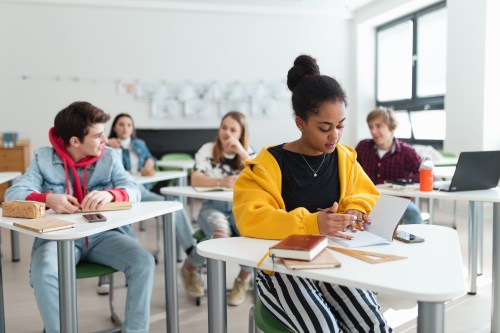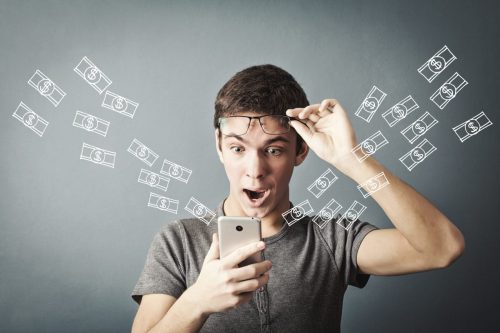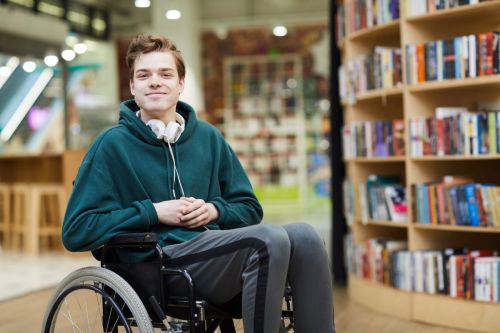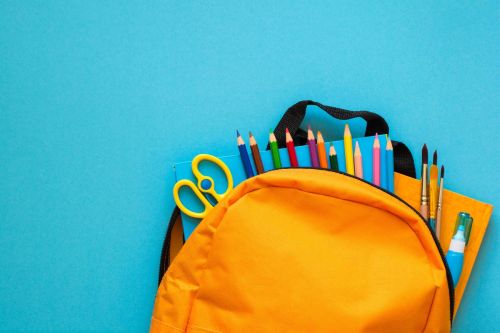Teaching kids about money is among the most important — yet confounding — challenges to take on.
Where do you start? Is allowance a good idea? How do you explain the value of money to children? As many parents aren’t sure how to tackle these questions, financial education is often left until ‘later’.
Originally published on RBC Discover & Learn
By Diane Amato
Developing “money smarts” at a young age can lead to a lifetime of financial independence and confidence. Without these key skills, kids could grow into adults who struggle with financial self-control, debt, or the capacity to save for important goals.
Teaching kids about money doesn’t have to be a daunting task. At least that’s the thinking behind Mydoh — The Smart Money App for Kids. Recognizing that many parents are unsure about how to approach effective financial education, the creators of Mydoh built an app that steps in to offer financial guidance, practice and know-how, while allowing parents to be as involved — or as hands off — as they wish.
“Mydoh began with the shared belief that money management isn’t something you are taught, as much as something you learn through experience — and that experience should start early,” the site explains.
How Mydoh — the money app for kids and parents — works
Mydoh provides a safe and secure environment for kids as young as eight years old to start getting hands-on money experience. Parents can create tasks — such as cleaning their room, doing the laundry, pulling the weeds — or set up a weekly allowance for their kids. Money is automatically transferred from your “parent” account to the “child” account on Pay Day, provided that your kids complete their tasks on time. They can then spend their earnings online, or in-store using contactless (tap) payments anywhere VISA is accepted, with their Mydoh Smart Cash Card.
With this kind of hands-on money experience, kids get to practice making their own earning and spending decisions. In time, they have the opportunity to improve their money skills, stick to a budget, and build confidence as they see the results of smart money management.
Since there are many different parenting styles out there, you can decide how involved you wish to be. For instance, you can see your kids’ spending activity, react to their purchases using emojis in real-time, control how much money you send to your kids, and how much they can spend. If need be, you can lock and unlock your kids’ Smart Cash Card, right from the app.
Giving kids experience with money
When kids understand the value of money and the benefits of spending wisely, they may be better prepared to achieve their future financial goals — whether that’s buying a car or a home, starting a business, exploring the world, or pursuing other dreams.
With an app like Mydoh, kids can learn essential money skills through real-world experiences. At the same time, as a parent you can rest assured that your kids are getting a solid financial education.
Given responsibility, experience and a little guidance, kids have the opportunity to learn real values that can help them shape their financial futures.
Learn more about Mydoh and how it helps make kids learn money skills early in life.
Download the Mydoh app today to learn more.
This article offers general information only and is not intended as legal, financial or other professional advice. A professional advisor should be consulted regarding your specific situation. While the information presented is believed to be factual and current, its accuracy is not guaranteed and it should not be regarded as a complete analysis of the subjects discussed. All expressions of opinion reflect the judgment of the author(s) as of the date of publication and are subject to change. No endorsement of any third parties or their advice, opinions, information, products or services is expressly given or implied by Royal Bank of Canada or its affiliates.
